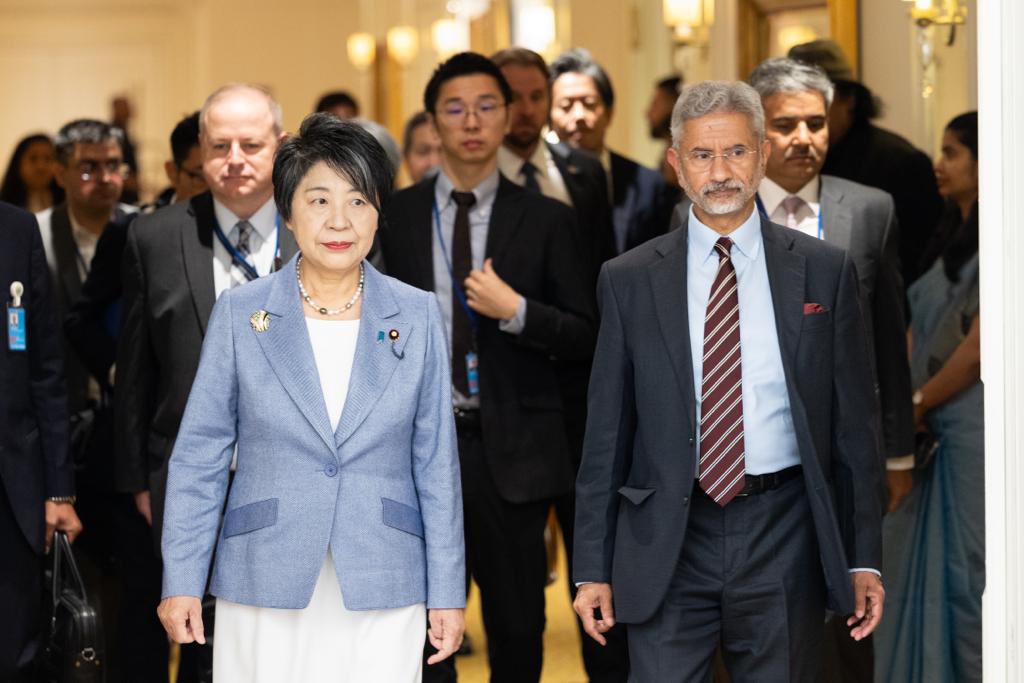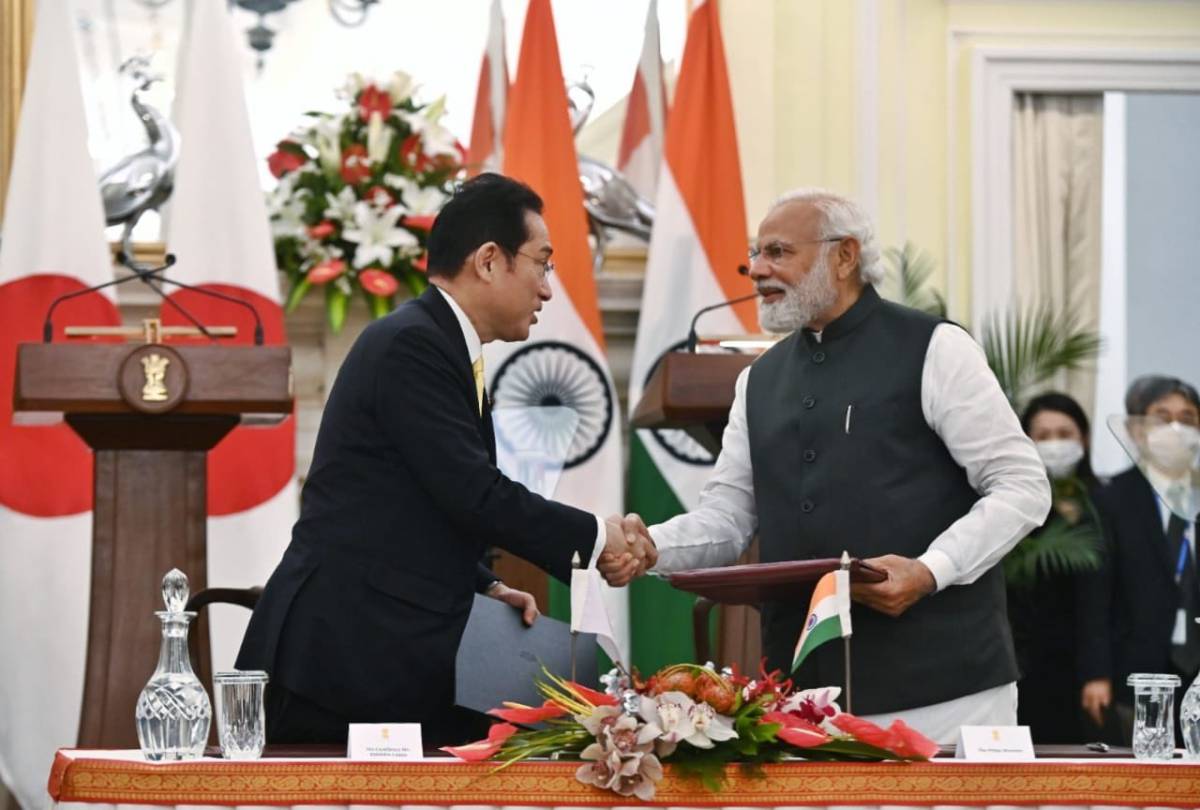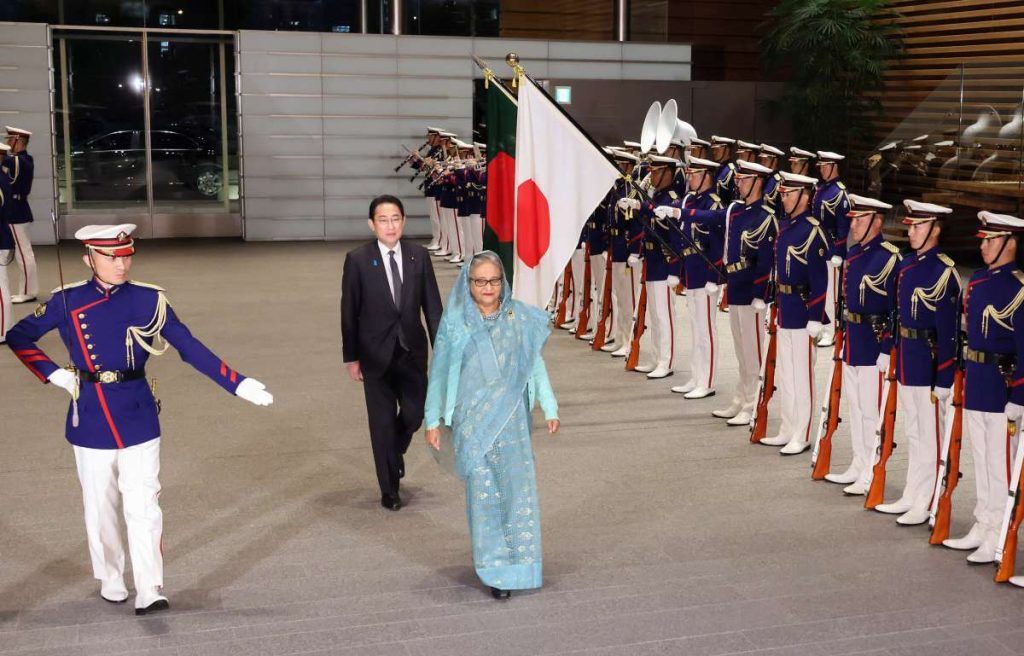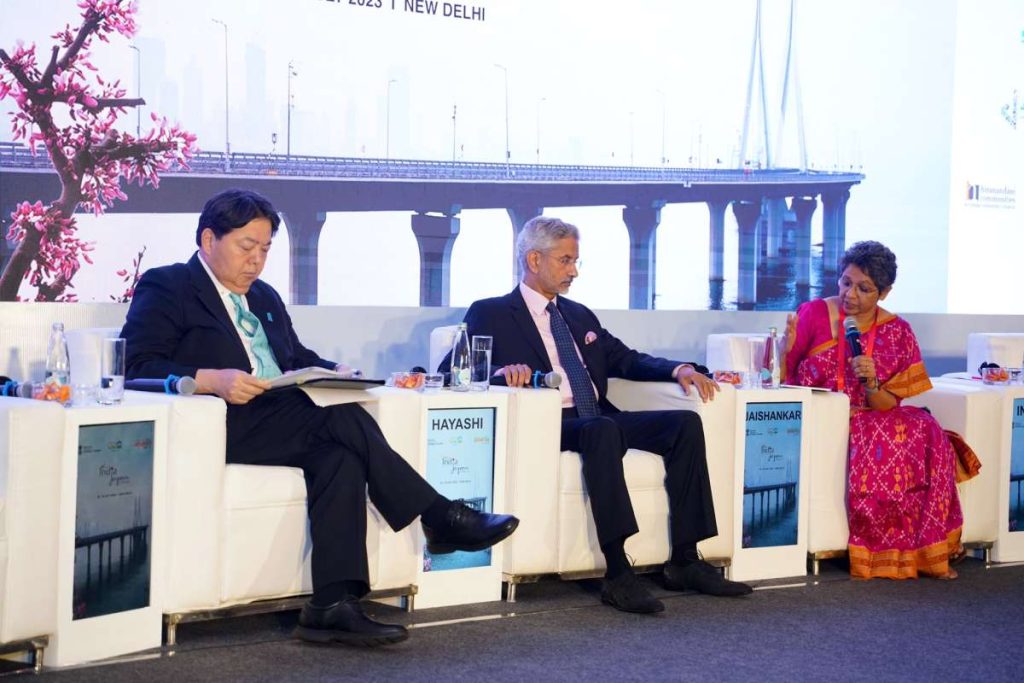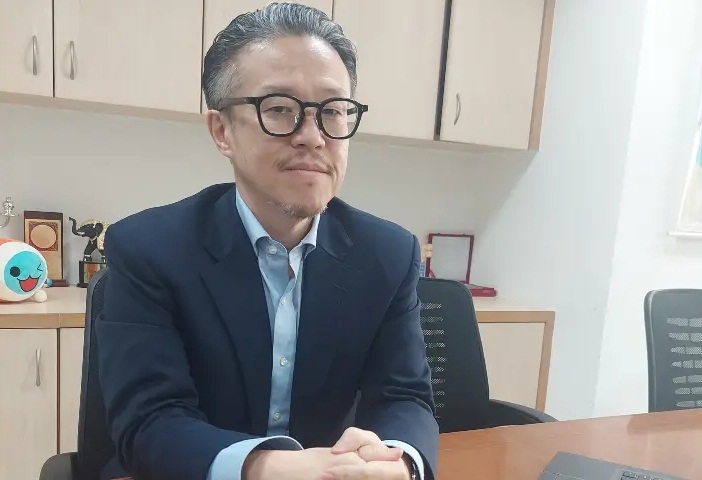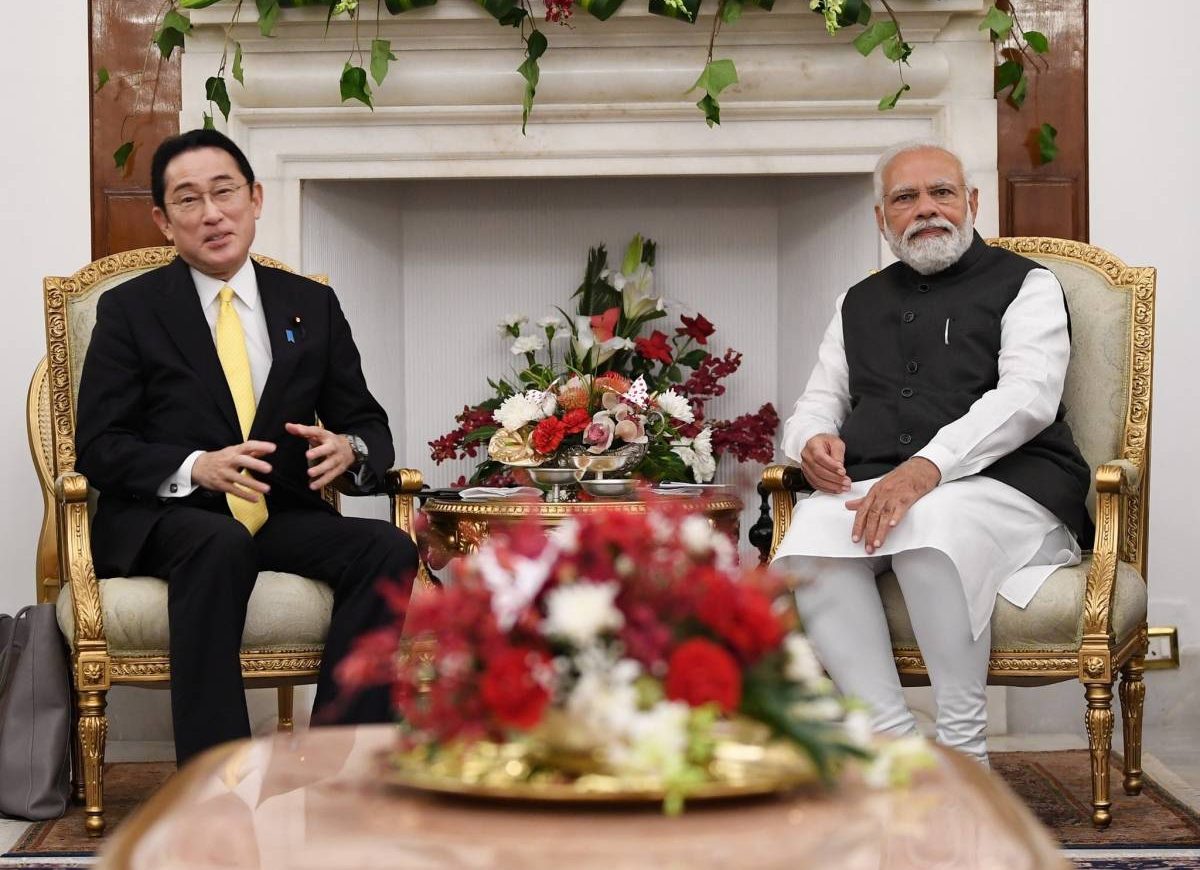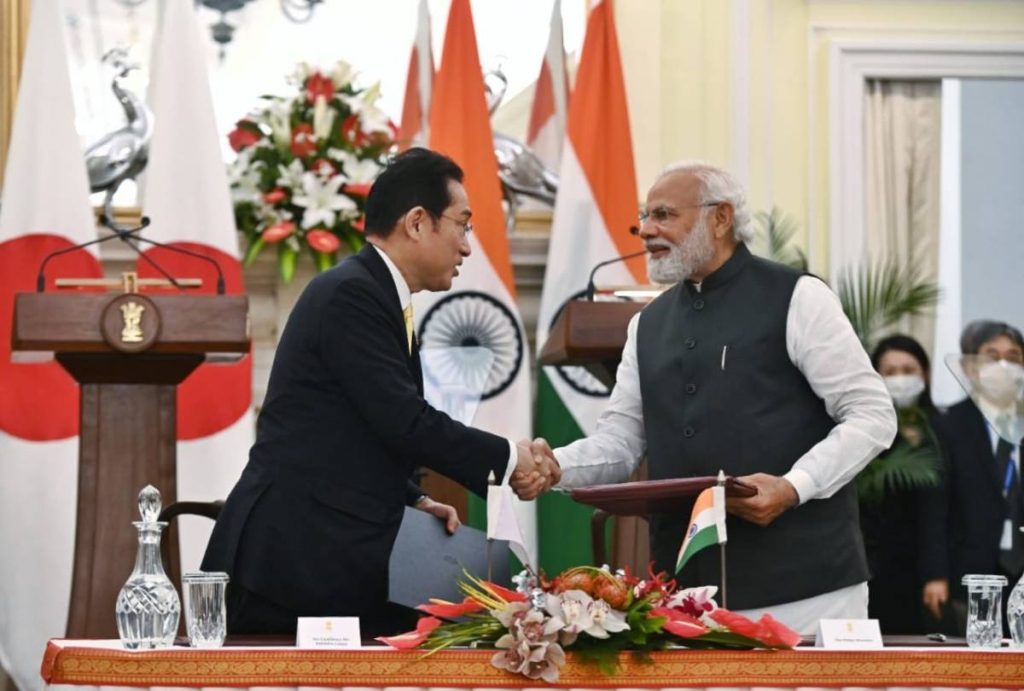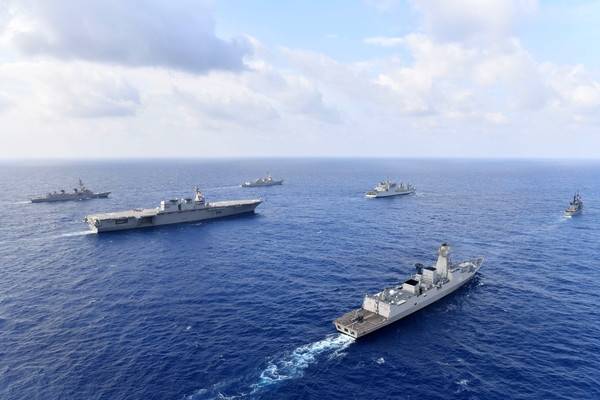EAM Dr S. Jaishankar and his Japanese counterpart met in New York during the United Nations General Assembly (UNGA).
External Affairs Minister (EAM) S Jaishankar and his Japanese counterpart Yōko Kamikawa on Friday agreed to strengthen cooperation on the economic front, including achieving steady progress on the high-speed railway project, a flagship project between India, Japan.
The two ministers met in New York during the United Nations General Assembly (UNGA).
In a 30-minute-long meeting, both ministers affirmed that maintaining and strengthening a free and open international order based on the rule of law is critical and that Japan and India would strengthen their responses to issues in the international community, according to a release issued by Japan’s Ministry of Foreign Affairs.
The two ministers also shared views on regional situations including the Indo-Pacific and the situation in Ukraine, and on the Security Council reform.
EAM Jaishankar congratulated Foreign Minister Kamikawa on her appointment.
In response, Minister Kamikawa expressed her intention to further develop the “Japan-India Special Strategic and Global Partnership” and her respect for India’s efforts as the Chair of the G20 New Delhi Summit.
Minister Kamikawa also stated that the two nations, as the G7 and G20 presidencies respectively, were able to cooperate closely and link G7 outcomes to G20 outcomes.

Taking to his social media ‘X’, formerly known as Twitter, Jaishankar stated, “Delighted to meet Foreign Minister of Japan Yoko Kamikawa at #UNGA78. Exchanged perspectives on our Special Strategic and Global Partnership Discussed our regional, multilateral and global cooperation and taking them forward.”
Jaishankar is leading the Indian delegation for a week-long visit to New York, where he is scheduled to address a High-Level session of the 78th UNGA on September 26 according to an official statement by the Ministry of External Affairs.
During his visit from September 22-30, Jaishankar will in keeping with India’s support for the Global South, host a special event ‘India-UN for Global South: Delivering for Development’.
Upon completion of the 78th UNGA-related engagements, the external affairs minister will visit Washington DC from September 27-30 for bilateral meetings with US interlocutors.
His program includes discussions with Secretary of State Antony Blinken, senior members of the US administration, US business leaders and think tanks. (ANI)
ALSO READ: ‘India, Brazil, Germany, Japan should get UNSC permanent seats’

